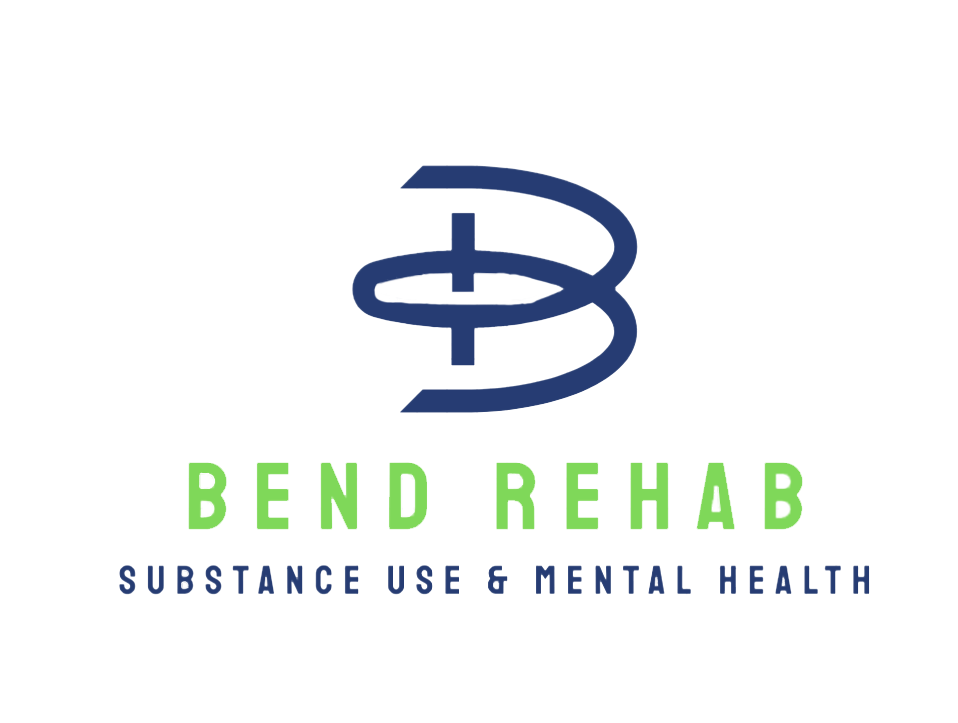What is Opioid Addiction?
Opioid addiction is a pervasive issue that significantly impacts individuals and communities in Redmond. Symptoms of opioid addiction can vary widely among individuals, but common signs include increased tolerance to opioids, withdrawal symptoms when not using, and a persistent desire or unsuccessful efforts to cut down or control opioid use. This condition affects not only physical health but also mental wellbeing, relationships, and the ability to function effectively in daily life. People struggling with opioid addiction may face isolation from loved ones, financial difficulties due to the cost of their addiction, and legal issues related to drug use.
At Bend Rehab, we offer specialized Opioid Addiction Treatment in Redmond designed to address the complex nature of opioid dependency. Our comprehensive treatment options are tailored to meet the unique needs of each person, focusing on both the physical and psychological aspects of addiction. We provide a supportive environment where individuals can access therapy sessions, group support meetings, and medical treatment as needed. Our goal is to empower those affected by opioid addiction with the tools they need for recovery and to help them rebuild their lives free from substance dependency. Through compassionate care and a commitment to excellence, we strive to make a positive difference in the lives of those we serve.
Getting Treatment for Opioid Addiction in Redmond
In Redmond, the battle against opioid addiction is being fought with compassion and cutting-edge treatment options. At Bend Rehab, we specialize in Opioid Addiction Treatment in Redmond, understanding the complex nature of addiction and its impact on physical health, mental well-being, relationships, and overall quality of life. Our holistic, patient-centered approach focuses on healing the whole person, not just the symptoms, to support lasting recovery.
We offer a range of services, including medically assisted detoxification, individual counseling, group therapy, and aftercare support, all designed to provide the tools necessary for long-term success. Recognizing that every recovery journey is unique, our team tailors treatment plans to meet each individual’s specific needs.
At Bend Rehab, our experienced professionals foster a supportive, non-judgmental environment where individuals can share their challenges openly. By combining evidence-based treatments with compassionate care, we empower patients to take back control of their lives and pursue health and happiness. If you’re seeking Opioid Addiction Treatment in Redmond, Bend Rehab is here to guide you out of the darkness and into a brighter future.

Experience Expert Therapy
We provide a range of therapy options to address diverse needs, ensuring everyone receives the care and support they deserve. Our one-on-one therapy sessions offer personalized attention, allowing clients to work closely with a therapist to address their specific challenges, set goals, and pursue personal growth. For those who benefit from shared experiences, our group therapy sessions create a supportive environment to connect with others facing similar struggles, fostering understanding and encouragement. Additionally, we integrate innovative therapies that engage both mind and body, such as cognitive behavioral therapy (CBT) and dialectical behavioral therapy (DBT), offering new pathways for healing and self-expression.
FAQ
We've compiled a list of frequently asked questions to provide clarity on the experience and alleviate any remaining fears or anxieties you might have.
A day in addiction rehab is designed to provide a structured and supportive environment focused on physical, mental, and emotional recovery. Mornings typically start early with a healthy breakfast, followed by a schedule of therapy sessions, group activities, and workshops aimed at addressing the underlying causes of addiction. These may include one-on-one counseling, group and family therapy, fitness classes, educational sessions, and recreational activities. Throughout the day, individuals are provided with nutritious meals, time for relaxation, and opportunities for personal growth through journaling or meditation. Evenings often feature peer support meetings or 12-step programs before winding down for the night. Each day is thoughtfully organized to promote a holistic approach to recovery and help individuals build healthier habits and coping strategies.
A detox period generally lasts about five days but can range from three to 10 days. The length of detox varies depending on factors such as the type of substances used, the amount and frequency of use, the duration of use, and the method of administration. These factors help determine the appropriate length of detox for you or your loved one.
When entering addiction treatment, certain items are recommended to support your comfort and well-being. These can include comfortable clothing, personal hygiene products, properly documented prescription medications, and journals or books for reflection. However, some items are prohibited in treatment facilities, such as drugs, alcohol, weapons, or anything that could disrupt the recovery process. It's important to check with your chosen facility beforehand for a detailed list of allowed and restricted items to ensure a smooth transition into treatment.
At Drug Abuse and Addiction, we recognize the strong connection between addiction and mental health challenges. That’s why our treatment centers focus on addressing both addiction and the underlying mental health issues that often accompany it. Our experienced team provides care for conditions such as depression, anxiety, PTSD, and more, taking a holistic approach to recovery that meets both physical and mental health needs. Our admissions team works to match you with the right facility offering comprehensive care tailored to your unique situation. We’re here to guide and support you on your journey to lasting sobriety and better mental health.
Our admissions team at Drug Abuse and Addiction is here to guide you in finding the right treatment center to meet your needs. Choosing a rehab center can feel overwhelming, but we are here to make the process easier. Our compassionate and experienced team understands the complexities of addiction and the importance of personalized care. We take into account your unique circumstances, preferences, and any co-occurring conditions to connect you with a facility that provides customized support. You don’t have to navigate this journey alone – we’re here to support you every step of the way toward lasting recovery.
Seeing someone you care about struggle with addiction can be incredibly difficult and overwhelming. You may feel unsure about how to help them, but the journey starts with an open and honest conversation. Share your concerns, offer your support, and encourage them to seek professional help, while also setting clear boundaries. Researching treatment options and having resources ready can also make a big difference.
It's important to stay patient, understanding, and supportive throughout this process—recovery is a journey that takes time. With the right support and approach, your loved one can work towards a healthier, addiction-free life. Don’t hesitate to reach out to our team at Drug Abuse and Addiction for guidance. We’re here to assist you and your loved one every step of the way on the road to recovery.
No matter how committed you are to your recovery journey or maintaining lifelong sobriety, the risk of relapse is always present. According to the National Institute on Drug Abuse, relapse rates during recovery fall between 40% and 60%. Experiencing a relapse can bring feelings of shame or regret, and you might even consider giving up rather than continuing to fight against the urge to use. While these emotions are natural, they can hinder your path to a drug-free life. Instead, treat relapse as a chance to learn and grow—refine your prevention plan, identify triggers, and understand the reasons behind the setback. This approach can help you rebuild a stronger foundation for recovery.
The first step is determining whether returning to rehab is necessary. If the relapse was an isolated incident and you’re committed to reviewing and adjusting your recovery plan, inpatient treatment might not be required. Inpatient facilities offer hands-on care and consistent monitoring, but if substance use has become a pattern again, it may be essential to reenter a structured program. Warning signs like conversations about substance use, spending time with people who encourage drinking, or using substances to cope suggest a deeper issue that requires immediate attention.
If you do return to treatment after a relapse, the focus should be on successfully transitioning back into daily life. Spending a few months in a sober living environment can be invaluable, as it provides structure and accountability during the critical early stages of recovery. Additionally, setting up an outpatient therapy plan for continued support after rehab can further reduce the risk of relapse.

Verify Your Insurance With Us
Freeing yourself from Addiction doesn't have to be hard. Take the first Step and begin filling out the form, it's the initial phase in achieving a healthy recovery. We offer the necessary guidance and professional care crucial during the early treatment stages.




